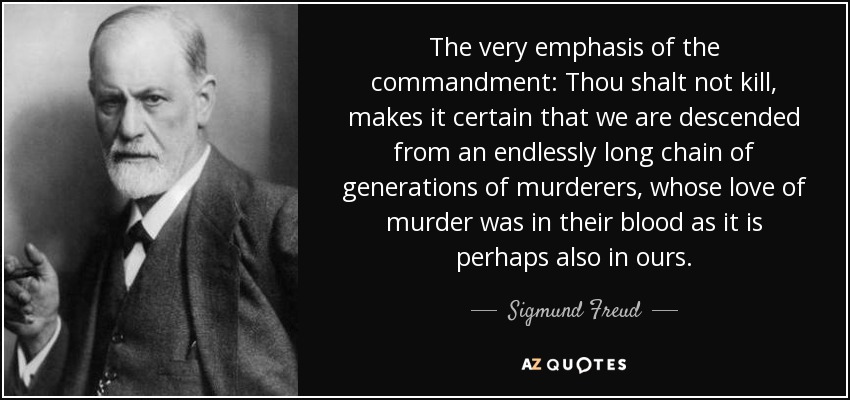We all like to think we are on the side of the good guys, but things are never that simple.
by Martin Harris 21/11/20
Growing up in the UK in the 1970s, World War Two was still a relatively fresh topic among young boys. We thrilled to herioc, comic-book accounts of our valiant soldiers defeating the evil Nazis. To be honest I felt a little out of place in the mock battles staged in the playgrounds. It seemed somewhat at odds with the “Thou shalt not kill” commandment we learned in class. Yes, this was a Catholic school.

As I got a little older (still in Catholic education) we had a Religious Ed, teacher who had some controversial ideas and teaching methods.
Young Martin got on well with him. I mean, how much more controversial can you get than showing The Exorcist to your Catholic RE class?
One day he proclaimed that Churchill ought to be roasting in hell. Sacrilege! Didn’t he save us from the evil and villanous Hitler? Well, Father Knowles taught us to seek truth and look past the propaganda.
He asked us to look up the Dresden bombing. I was shocked. How is this wholesale slaughter in any way justifiable? How does such an act make us any better than our opponents?
For those who do not know, behold Dresden before and after:
Of course, one could bring up many more examples both in WW2 and many other wars. The Nuking of Hiroshima and Japan. One could argue it was only a matter of time before one nation or another developed atomic bombs and used them (Germany was closer than many people realise). Kill or be killed. Sadly it is the innocent that perish in their thousands.
Early on I became a Tolkein fan. Lord Of The Rings was a great fictional example of the dual nature of humanity. We all start out desiring to do good, but given ultimate power, how would we wield it? Would we master our power, or would it eventually overwhelm us and make us it’s slave?
Power corrupts, and absolute power corrupts absolutely.
Such a sense of authority, invincibility and absolute power turns a valiant, honourable soldier with notions of rooting out the evil in this world, into a desensitised, remorseless killing machine.
Nothing demonstrates the corruption of power more graphically than the cold-blooded murder of Afghani civilians by Elite SAS troops of the Australian armed forces that have dominated the news headlines this week. First alleged several months ago as outlined in the following presentation.
And eight months later come the official acknowledgements.
Oh, this wasn’t the mass slaughter of thousands, but what justification is there in these murders? There is no defence here. No kill-or-be-killed. This was ritual sacrifice in a “cult” of elite soldiers. It is an act of pure evil. Yes, it was a small number of civilians, but have you heard of The Butterfly effect?
Nor is this latest scandal an isolated abberation. Wikileaks is filled with examples of such abuses. Armed forces using innocents as cannon-fodder.
Evil begets evil and thus an endless cycle of war is generated. The Children of murdered parents grow up to hate the soldiers of the West and their masters. They live for vengeance. They become radicalised. The only winners are those who profit from war and death.
And when those soldiers return home, how do they look their own wives, children, parents, in the eye? Does one ever recover lost humanity? George Lucas nailed it in his depiction of noble Jedi Annakin’s descent into darkness.
Evil begets evil. vengeance creates radicals and tyrants.
Who is “the enemy”? Perhaps the real enemy dwells within each of us. And to defeat that evil, we must master ourselves. When authority asks us to perform a deed we instinctively know to be wrong, we stand up and say NO and live with (or die by) the consequences. That is the honorable thing to do. That is how good triumphs over evil.
I will give the last word to Tolkein via Farimir in the movie interpretation of The Two Towers, and the original text from the book.
“It was Sam’s first view of a battle of Men against Men, and he did not like it much. He was glad that he could not see the dead face. He wondered what the man’s name was and where he came from; and if he was really evil of heart, or what lies or threats had led him on the long march from his home; and if he would rather have stayed there in peace.”
― J.R.R. Tolkien, The Lord of the Rings

Get your copy from our Online Store or your local book and magazine retailer
Australian Retail Locations » Uncensored Publications Limited
New Zealand Retail Locations » Uncensored Publications Limited
As censorship heats up and free thought becomes an increasingly rare commodity, we appeal to our readers to support our efforts to reach people with information now being censored elsewhere. In the last few years, Uncensored has itself been censored, removed from the shelves of two of our biggest NZ retailers – Countdown Supermarkets and Whitcoulls Bookstores – accounting for 74% of our total NZ sales.
You can help keep the Free Press alive by subscribing and/or gifting a subscription to your friends and relatives.








